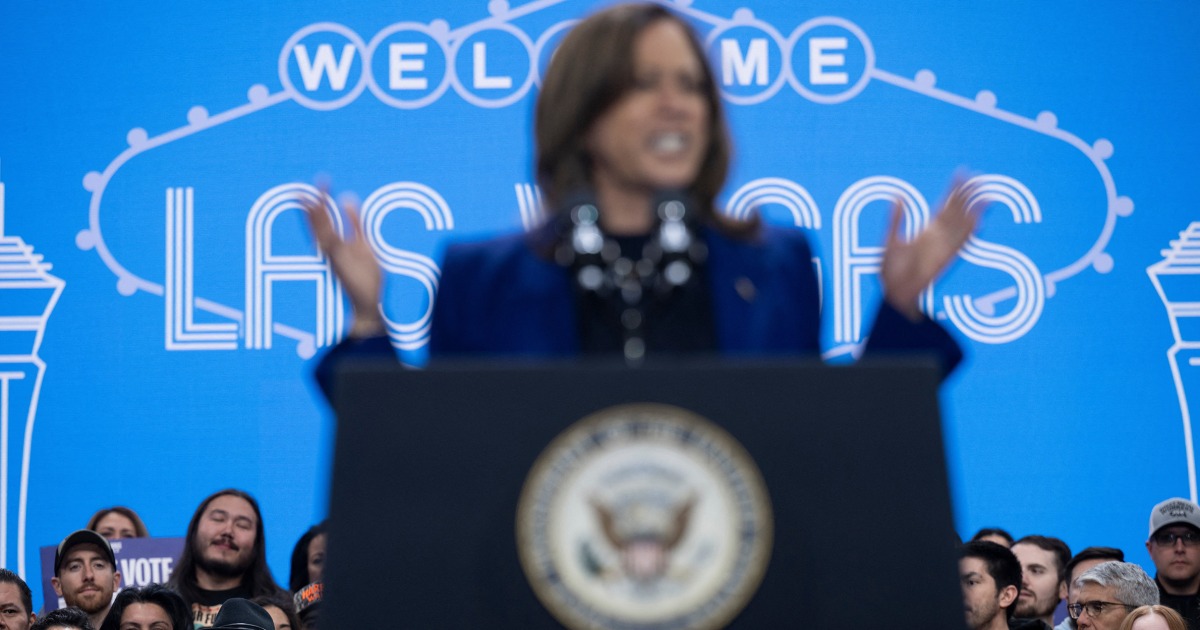
Explainer Briefly Slides WhatsApp said it had banned 85.84 lakh accounts in India between September 1 and September 30, 2024, in its monthly compliance report under the IT Rules 2021. Of these, 16.
58 lakh accounts were banned before any user complaints were filed. Additionally, 97 accounts were “actioned.” This means WhatsApp took remedial action, such as banning or restoring accounts based on complaints.
The report was published under Rule 4(1)(d) and Rule 3A(7) of the Information Technology (Intermediary Guidelines and Digital Media Ethics Code) Rules, 2021 (IT Rules, 2021). WhatsApp’s actions included responses to grievances filed by users in India. They also enforced actions against accounts violating WhatsApp’s Terms of Service and complied with orders from the Grievance Appellate Committee (GAC).
WhatsApp handled user grievances through various channels, including emails to the grievance officer and mailed complaints to the India Grievance Officer. These grievances often involved violations of WhatsApp’s Terms of Service or reports of abuse. What are the IT Rules, 2021? The Information Technology (Intermediary Guidelines and Digital Media Ethics Code) Rules, 2021 are a set of rules that regulate digital media platforms in India.
The Ministry of Electronics and Information Technology (MeitY) and the Ministry of Information and Broadcasting (MIB) jointly developed these rules. This mandates significant social media intermediaries to publish periodic compliance reports every month. These reports must include details of complaints received and actions taken.
Rule 3A mandates the establishment of Grievance Appellate Committees (GACs) by the Central Government. These committees will address unresolved user grievances related to social media platforms. Appeals must be filed within 30 days.
The GAC is tasked with resolving these appeals expeditiously, ideally within the same timeframe. Importantly, under Rule 3A(7), all orders issued by the GAC must be complied with by the concerned intermediary. The intermediary is required to upload a report of compliance on its website.
Background In April this year, in a hearing before the Delhi High Court, WhatsApp’s lawyer, Advocate Tejas Karia, stated that the platform would exit India if forced to break end-to-end encryption under the amended IT Rules, 2021. WhatsApp opposes Rule 4(2), of the IT Rules, 2021 which mandates significant social media intermediaries to identify the “first originator” of information when ordered, claiming it would undermine end-to-end encryption and privacy. The government argued that operations in India must comply with local laws and that the Right to Privacy is subject to “reasonable restrictions.
” The government also cited international precedents, though Karia noted no specific laws require breaking encryption elsewhere. Abuse Detection System WhatsApp explains that its abuse detection system combines automated tools and human review processes. This system reportedly identifies and takes action against accounts involved in abusive or harmful activities.
This system operates at three main stages: “WhatsApp was built for private messaging. People often connect with close friends, family, or communicate confidentially with businesses and healthcare providers,” the report stated. It emphasised the role of end-to-end encryption for privacy.
Read More:.














